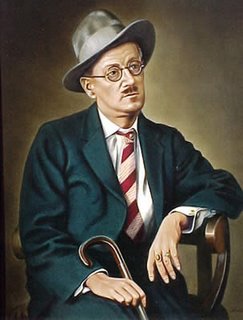 Story tellers like Agatha Christie, O’Henry, Jeffrey Archer, Dan Brown and J K Rowling have been popular because they keep you turning the pages and they are experts at writing conclusions.
Story tellers like Agatha Christie, O’Henry, Jeffrey Archer, Dan Brown and J K Rowling have been popular because they keep you turning the pages and they are experts at writing conclusions.Italian folk tales, like good parables, often end in the most unexpected ways. Sometimes writers use red herrings (that lead readers to guess an incorrect outcome), other times there are cliff hangers (leading us to ask, ‘Whatever is going to happen?’) and often there is the deus ex machina technique in which there is an unexpected resolution to an unsolvable situation.
In James Joyce’s last novel Finnegan Wake he ends in mid-sentence. There’s no punctuation. There’s no full stop. It just ends with the sentence incomplete. There’s not even an explanation. When asked about the oddities in his books like this one he said, “I’ve put in so many enigmas and puzzles that it will keep the professors busy for centuries arguing out what I meant and that’s the only way of ensuring one’s immortality.”
What does it mean for a book to have no ending? It may be the novelist’s way of indicating the unending cycle of life or the novel’s plot. It may be a way of saying it keeps on happening. Or, it is his way of saying, “You’ve got to draw your own conclusions.”
The book is not incomplete for it simply reconnects us to the beginning just as the Bible doesn’t drop us at the end but its vision of a garden makes a continuous circle.
T S Eliot put it this way: “In the end is my beginning.” (Four Quartets)
Geoff Pound
Image: James Joyce ‘ensuring his immortality